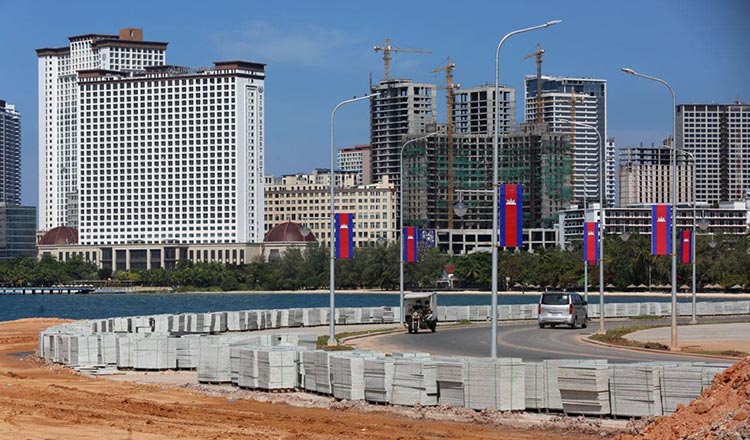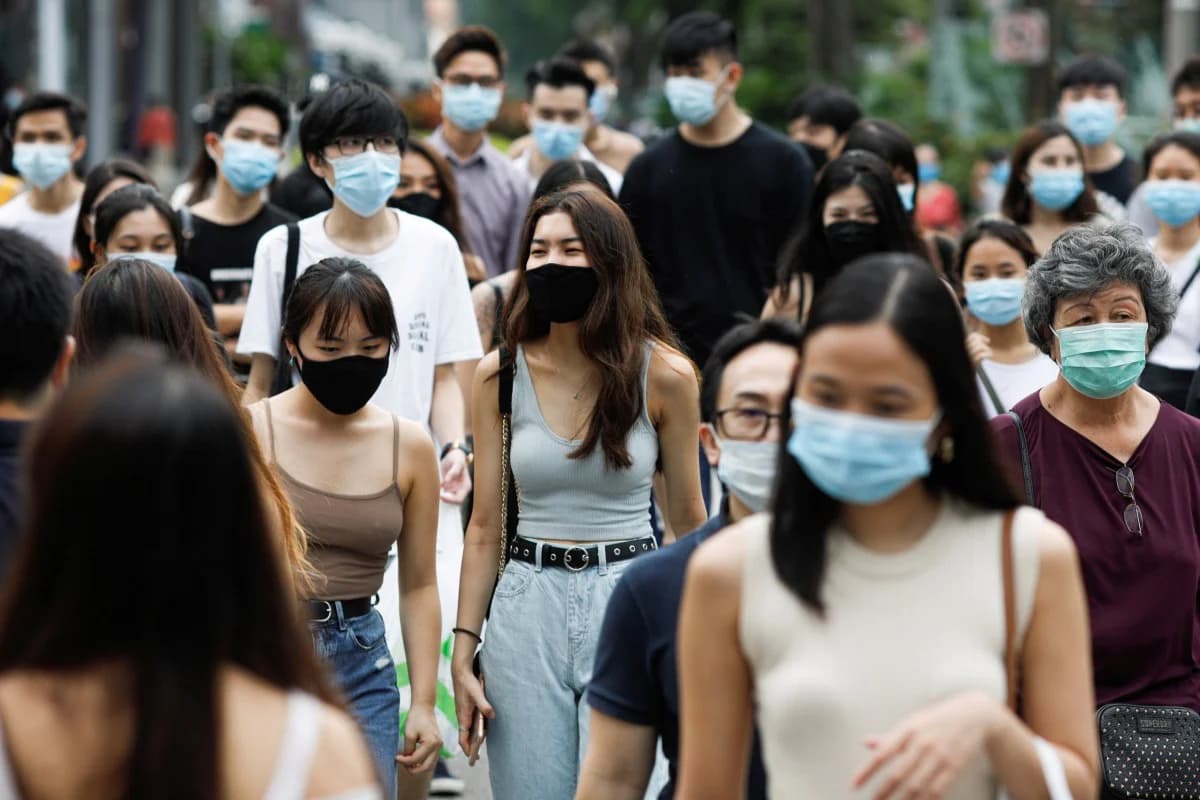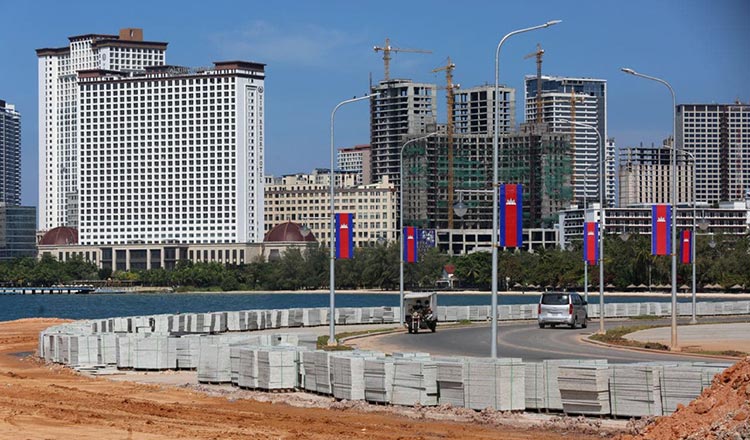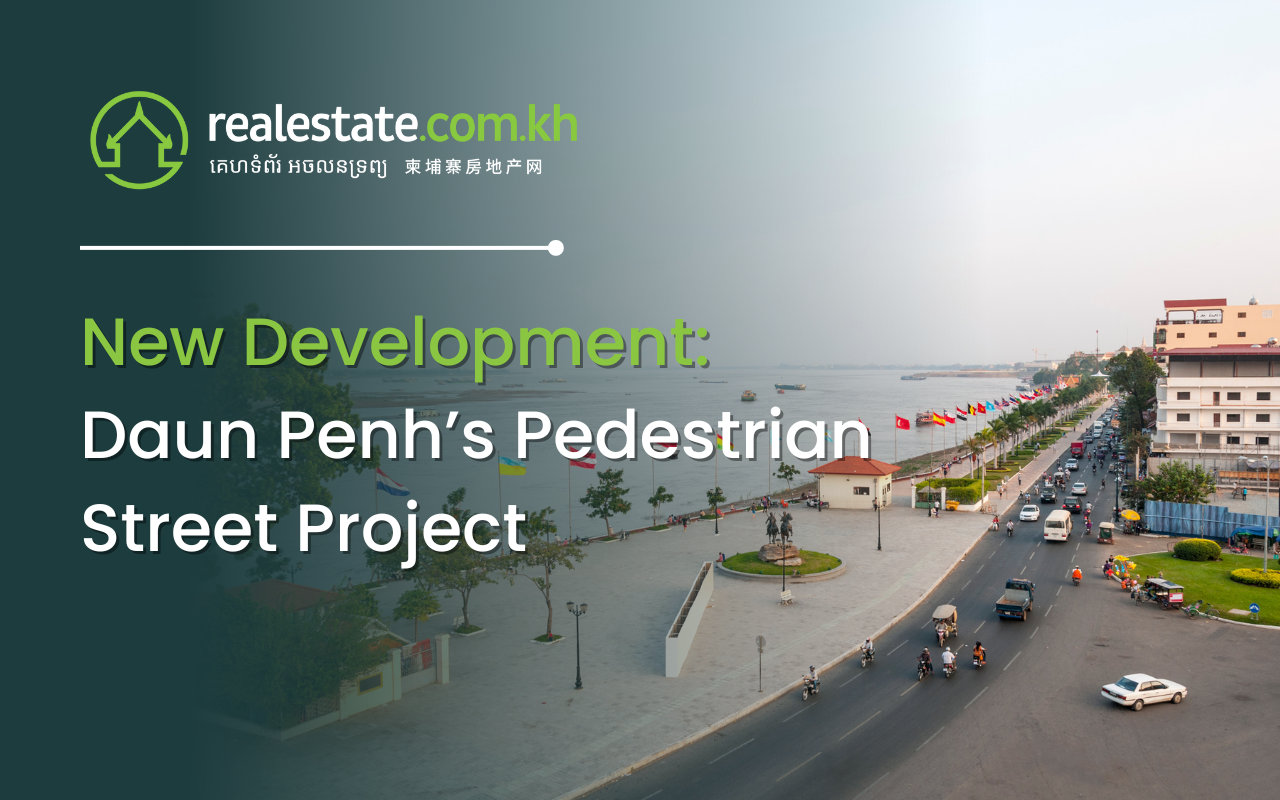

Cambodia’s economy has reopened since November 2021, giving it a headstart in the regional race to attract foreign travel and business post-pandemic. Photo from Khmer Times.
Cambodia now leads much of the world in its path to recovery from COVID-19. According to the Nikkei COVID-19 Recovery Index, Cambodia jumped from 22nd place in December to 2nd place in January, just behind Taiwan at the number 1 spot.
Cambodia’s current success with its pandemic situation is largely attributed to its early management of cases: less than 500 reported cases and 0 deaths in 2020. The Kingdom only saw its first major outbreak in the Feb-20 incident and prompted the government to impose the first major lockdown in the summer of 2021.
The Cambodian government has since been relentless in its vaccination efforts mainly backed by Chinese-made vaccines. In August 2021, Mekong Strategic Partners (MSP) released a report that projected Cambodia to reach 80% vaccination by Q3 2021, 8 months ahead of schedule.
Aside from the weekly arrival of vaccines into the Kingdom, the MSP highlighted the systematic rollout of vaccination campaigns nationwide and the efforts made by the private sector, especially during the months following the Feb-20 incident.

Cambodia’s high vaccination rate has been integral in reinstating confidence in the local economy. Supplied.
However, the most essential factor in its pandemic control has been the noticeable low vaccination hesitancy from Cambodians. In addition to seeking out vaccines, a majority of the local population has taken it upon themselves to observe basic quarantine measures such as wearing masks, social distancing and sanitizing regularly.
In October 2021, the Cambodian government hinted at reviewing its local quarantine measures as well as its foreign travel requirements. Many observers, including economists and the press, anticipated a step-down or two from the current 14-day requirement. To the surprise of the same onlookers, the government eventually removed quarantine requirements for fully-vaccinated travelers and did away with the pricey $2,000 quarantine deposit in November 2021.
The new requirements for foreign travel to Cambodia were made far simpler only requiring proof of vaccination, a negative RT-PCR test 72 hours prior to departure and another negative test upon arrival at the port of entry in the Kingdom.
Naturally, a declaration of full reopening was made in November 2021, given the streamlined requirements and gave Cambodia a headstart in the regional race to welcome foreign travelers and business once again.
A Market Primed for Rebound

Cambodia’s banking and financial sector has served as a bulwark for the Kingdom’s economy throughout the pandemic. Supplied.
The WorldBank and the Asia Development Bank both forecast a ~5% GDP growth for Cambodia in 2022, mainly attributed to a strong financial sector and the economy reopening in late 2021.
Construction and real estate - key drivers of the massive growth in the Kingdom - are similarly seeing signs of recovery in early 2022. In December 2021, the Ministry of Economy and Finance announced almost 4,000 projects, amounting to over $10.35 billion USD were approved in the first 11 months of 2021.
Nationwide infrastructure projects have also been ongoing throughout 2020 and 2021. According to the latest update from the Ministry of Public Works and Transport (MPWT), the Phnom Penh-Sihanoukville Expressway is 80% complete as of January 2022 and is expected to open to traffic in March 2023.
According to the National Bank of Cambodia (NBC), there is cause for optimism for the construction and real estate sectors in 2022. NBC cites a pick-up in domestic economic activity and investment since the economy reopened in late 2021. The NBC adds that rising domestic revenue and local interest will be the key drivers of the Kingdom’s property sector growth.
Article by:





Comments